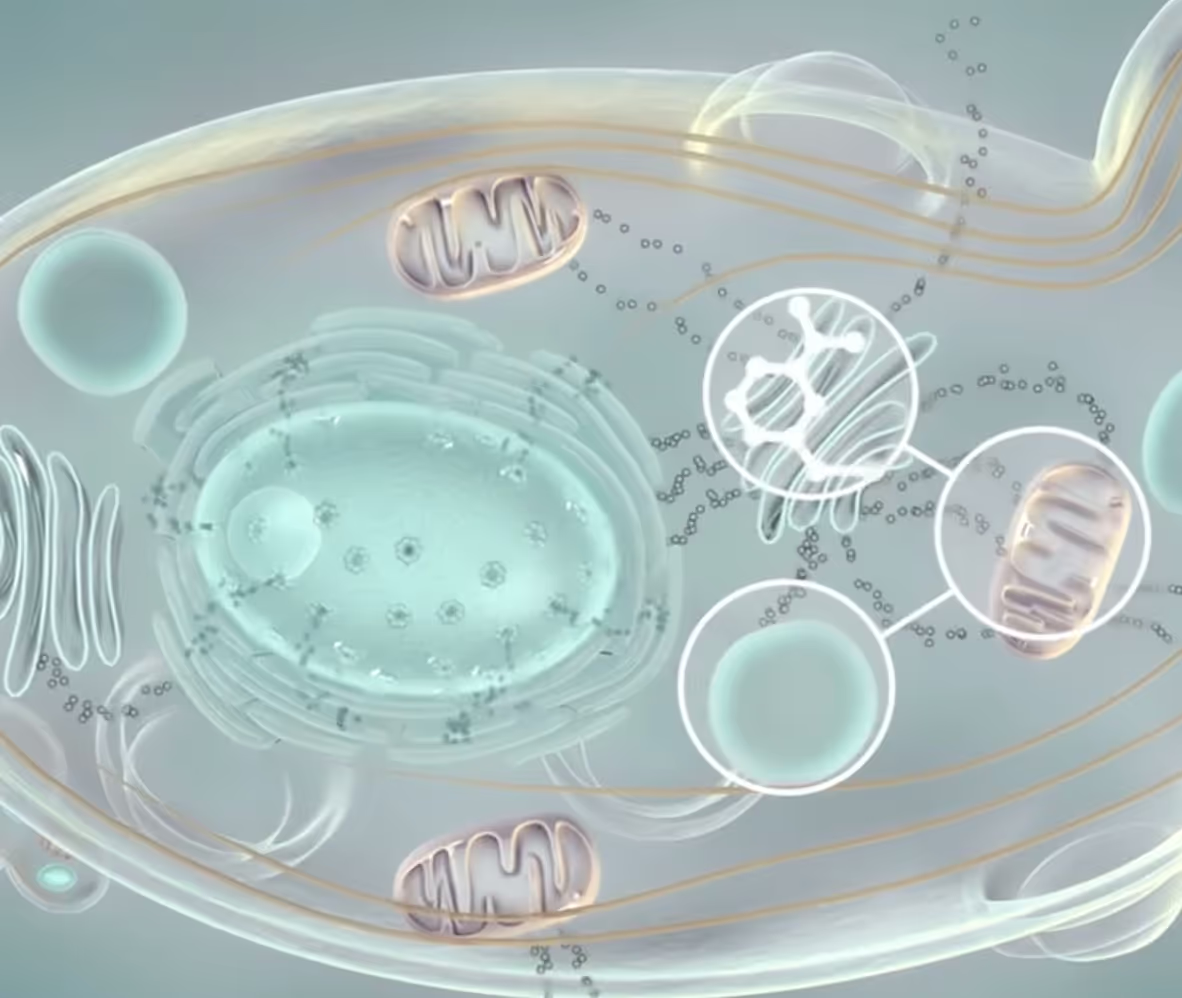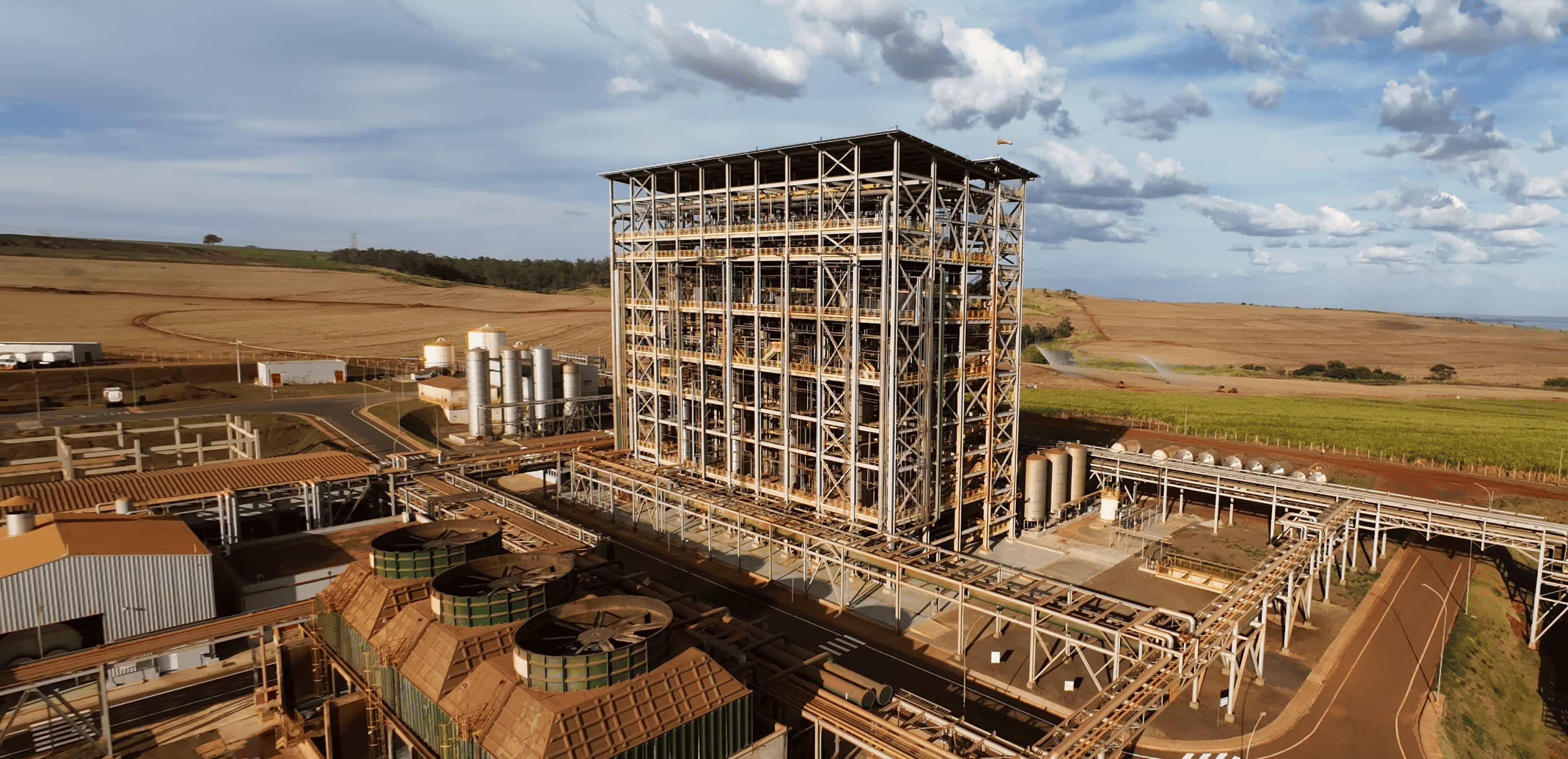
Transforming industries with renewable biological chemistry
Unlock the Chemistry of Life.™
The Elegance of Living Factories
At Amyris, we have pioneered the use of microbes to transform abundant plant-derived sugars into high-performing molecules at scale. Our platform unlocks access to the exquisite, sophisticated chemistry found throughout living systems – leading to new product possibilities, market opportunities, and sustainability solutions. With proven scale, we are redefining what renewable chemistry can do.
Renewable
Precision-engineered
High-performance
Proven scale

Accelerate your sustainable solutions to market
our capabilities
-min.avif)


Drive profitable, responsible growth
Create product differentiation, competitive advantage, and lasting value with biotechnology – while reducing environmental impact and emissions.
Custom renewable chemistry
Resilient supply chains
Unparalleled product consistency
Reduced ecological impact
See how our partners have unlocked value with our platform
learn more


Explore the Chemistry of Life
Learn about our latest updates, from our scientific breakthroughs to our collaborations with partners to transform industries.
.avif)
Partner with us to turn bold ideas into viable, real-world solutions.
contact us

